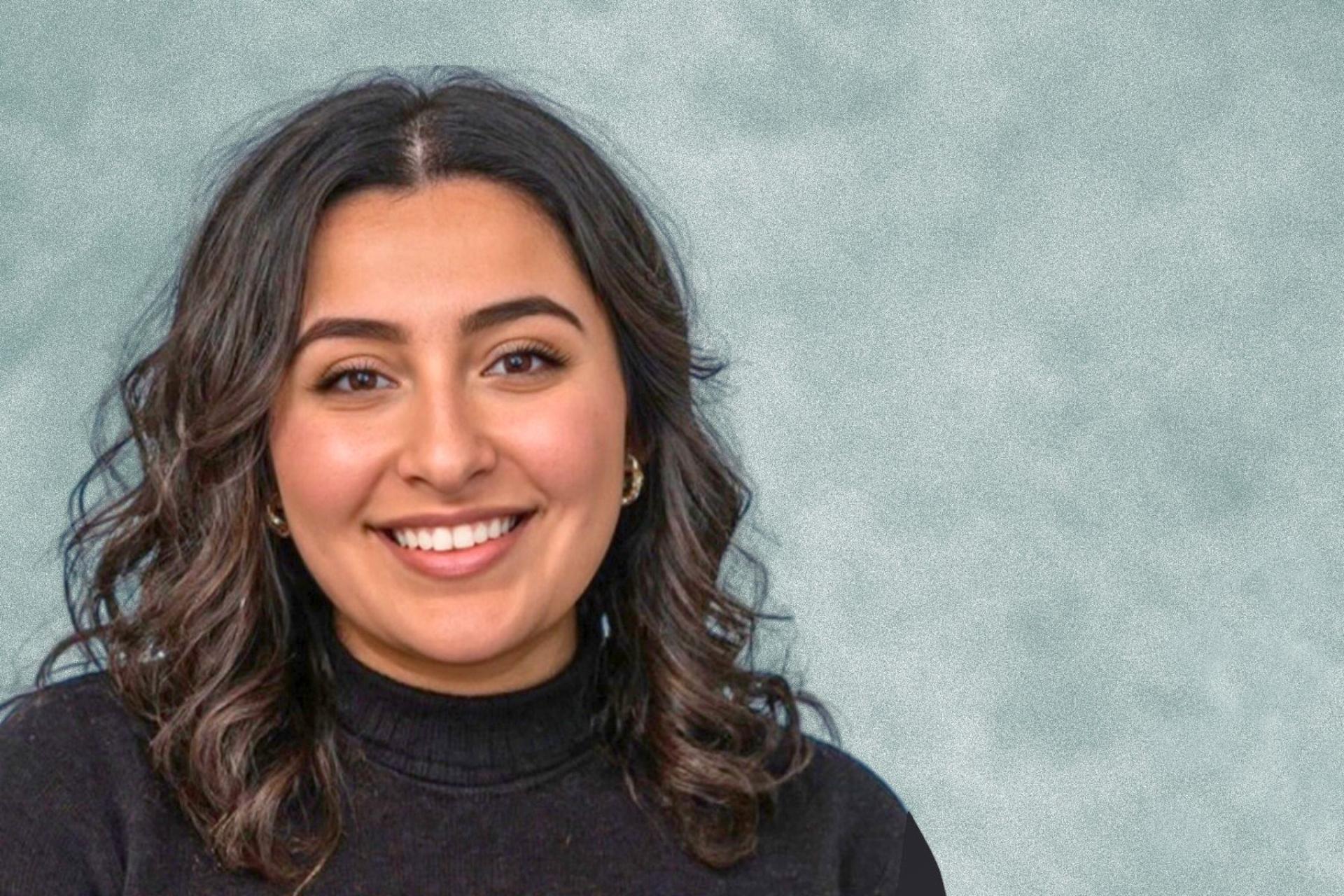
Dr. Perry Zirkel weighs in on Endrew F v. Douglas County School Board
Jan. 10, 2017
When the U.S. Supreme Court made its first substantive interpretation in 1982 of the main federal special education law, it was careful to say that courts should not impose their own view of education adequacy upon states and districts for children covered by the law.
In that case, Board of Education of the Hendrick Hudson Central School District v. Rowley, the court created a definition of a "free, appropriate public education" in the special education arena that has stood for decades. Under the definition, special education must confer "some educational benefit." But in a case set to be argued Jan. 11, the court is weighing in on what "some" should mean. The question at hand: What level of educational benefit must school districts provide to students with disabilities in order for them to receive that free, appropriate public education under the Individuals with Disabilities Education Act?
At the center of the latest case, Endrew F. v. Douglas County School Board, (Case No. 15- 827), is a 17-year-old Colorado student with autism, called "Drew" in court briefs. His parents contend that the individualized education program created for him by the Douglas County district did not offer him an educational benefit.


